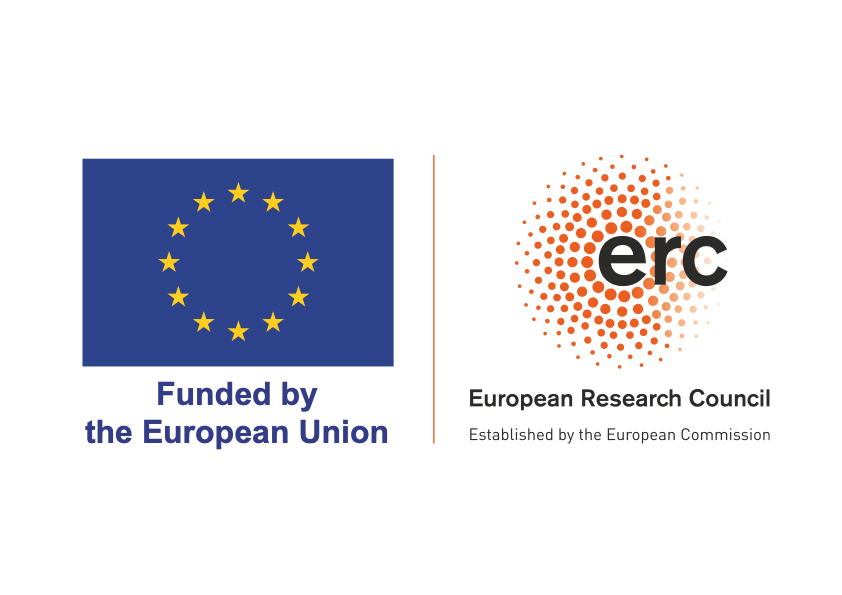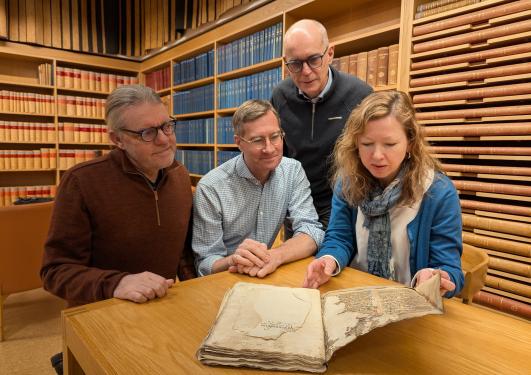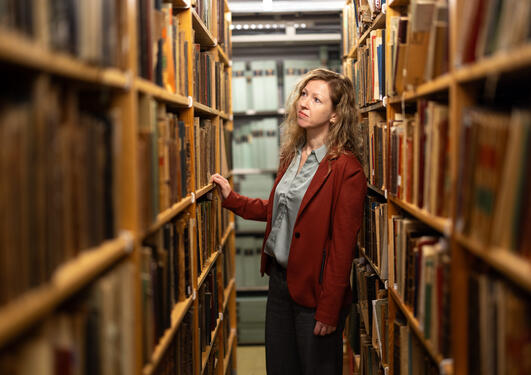CODICUM Project kicks off in Bergen: “Now the fun can begin”
The historic Håkonshallen in Bergen provided a fitting backdrop for the official launch of CODICUM, a six-year interdisciplinary research project funded by the prestigious ERC Synergy Grant. See the visual recap of the event at the top of the article.
Main content
The kick-off, which took place 12-13 May, brought together scholars, institutional partners and other distinguished guests from across the Nordic region and Europe to celebrate the beginning of CODICUM - a project that promises to reshape our understanding of medieval learning and book culture.
Uniting Science and the Humanities
In her opening remarks at the reception in Håkonshallen, Margareth Hagen, Rector of the University of Bergen (UiB), welcomed the guests to the medieval hall. “These historical surroundings provide a perfect setting to mark the beginning of this groundbreaking project,” she said.
“By combining methods from the natural sciences and humanities, CODICUM will explore how medieval book culture and literary networks shaped Northern Europe.”
Fragments of the past are keys to the future
The CODICUM project focuses on the study of medieval manuscript fragments—remnants of handwritten books that were repurposed during the Reformation. Approximately 50,000 fragments have been preserved in Nordic collections, and the project aims to digitally reunite these pieces, uncover their origins, and trace the networks of scribes and scholars who created and circulated them.
In her speech, professor Åslaug Ommundsen emphasized the significance of the codex: “Each book, each fragment, is a unique container of knowledge and craftsmanship. These fragments are not just remnants—they are keys to understanding how knowledge traveled, how people stayed informed, and how Europe was connected.”
The evening also featured speeches from the project’s co-leaders—Tuomas Heikkilä, Matthew Collins, and Lars Boje Mortensen—as well as musical performances and a display of medieval parchment.

Professor Åslaug Ommundsen on stage alongside Tuomas Heikkilä, Lars Boje Mortensen and Matthew Collins.
The Vice President of the ERC applauds ambition and collaboration
Eystein Jansen, Vice President of the ERC, praised the project’s ambition and collaborative spirit. “Synergy Grants are the largest and most competitive grants of the ERC,” he noted.
“They support the most complex and groundbreaking research. Getting to where you are is an accomplishment in itself, but now the fun can begin.”
“Our shared history is not only about conflict”
The University of Bergen, as the host institution, expressed pride in leading the initiative alongside partners from various Nordic institutions. “This project aligns perfectly with our strategy to strengthen ties with European research networks,” said Rector Hagen. “It reminds us that our shared history is not only about conflict, but also about collaboration and dialogue.”
The kick-off concluded with a thank-you to the many institutions and individuals whose support made the project possible. “We will do our best to make you proud in the course of the project,” said Ommundsen.















